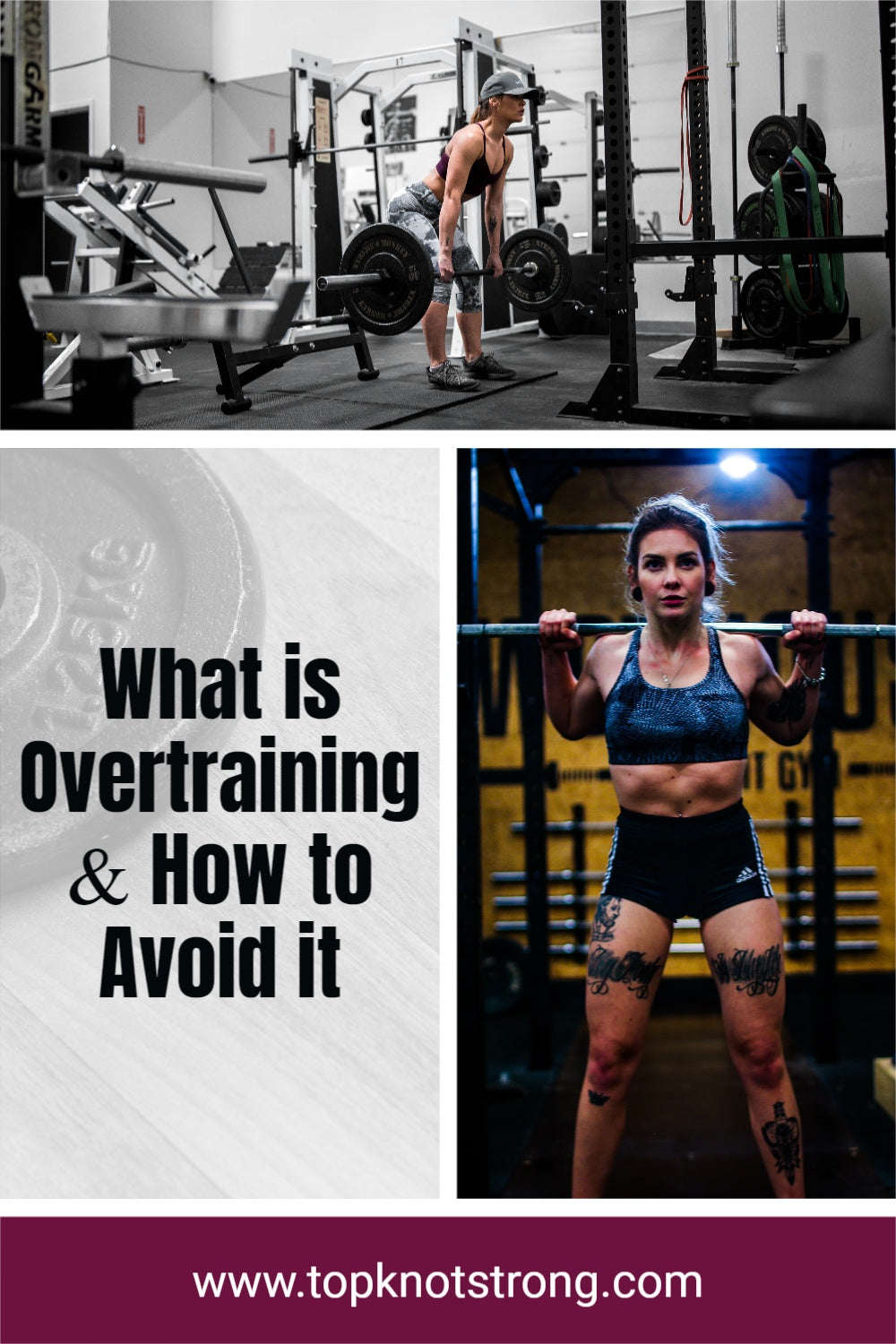In short, overtraining is when a person performs more training than their body can recover from, to the point where they start paying for it.
This can result in different symptoms where your body is telling you that you need more rest.
It can also cause injuries later on, if you ignore it and don't listen to what your body is telling you. Which can ultimately cause you to end up taking time off too.
Recommended Reading: What are Macros? The basics of Macros Explained
What is Overtraining & How to avoid it

How do you know you are overtraining?
Some ways that you can tell that you are over training:- When you have unusual muscle soreness during and after a workout. Your muscles feel heavy at lower intensities.
- When your body has delay in recovery or your performance declines.
- Another sign you are overtraining is when you try to complete a workout you have already done and you can not complete it or your performance plateaus.
- The biggest sign you are overtraining is you experience overuse injuries. For example, a pulled muscles, or a broken bone.
How do you prevent or stop overtraining?
There are many ways to prevent overtraining and in order to prevent overtraining we need to work within your limits.
For example, if you feeling you're lower back when you doing an exercise; the weight might be too heavy.
The second way you can prevent the effects of overtraining is by taking enough recovery time between workouts. The body needs 48 to 72 between workouts to be completely recovered. So if you work legs you may wait to Wednesday to complete another leg sessions.
The third way you can prevent overtraining is by making sure you are eating enough. When you workout hard your body needs energy to do the work and recovery. Not eating or eating bad foods can make training difficult which can lead to injury or not having enough energy to complete your workout.
The final way you can prevent overtraining is by making sure you are sleeping enough. Sleeping is very important for the body recovery. Sleep plays an important role in restoring your immune and endocrine systems. These systems are the creators of testosterone and human growth hormone.
Sleep increases protein synthesis and the mobilization of free fatty acids to provide you with energy, which helps repair the muscles you broke down during your workout. In other words the more you sleep the more you can push and get muscles.
At the end of the day, overtraining is when you workout too hard too fast and your body can’t recover.
This leads to low performance, soreness, plateaus, and injuries.
Some ways to prevent overtraining is recovery time, sleep, eating properly and working within your limits.

Need a customized plan that changes with you?
Top Knot Strong offers customized fitness and nutrition plans that will change with you.
Schedule a free 15 minute consult today to see how we can help you!





